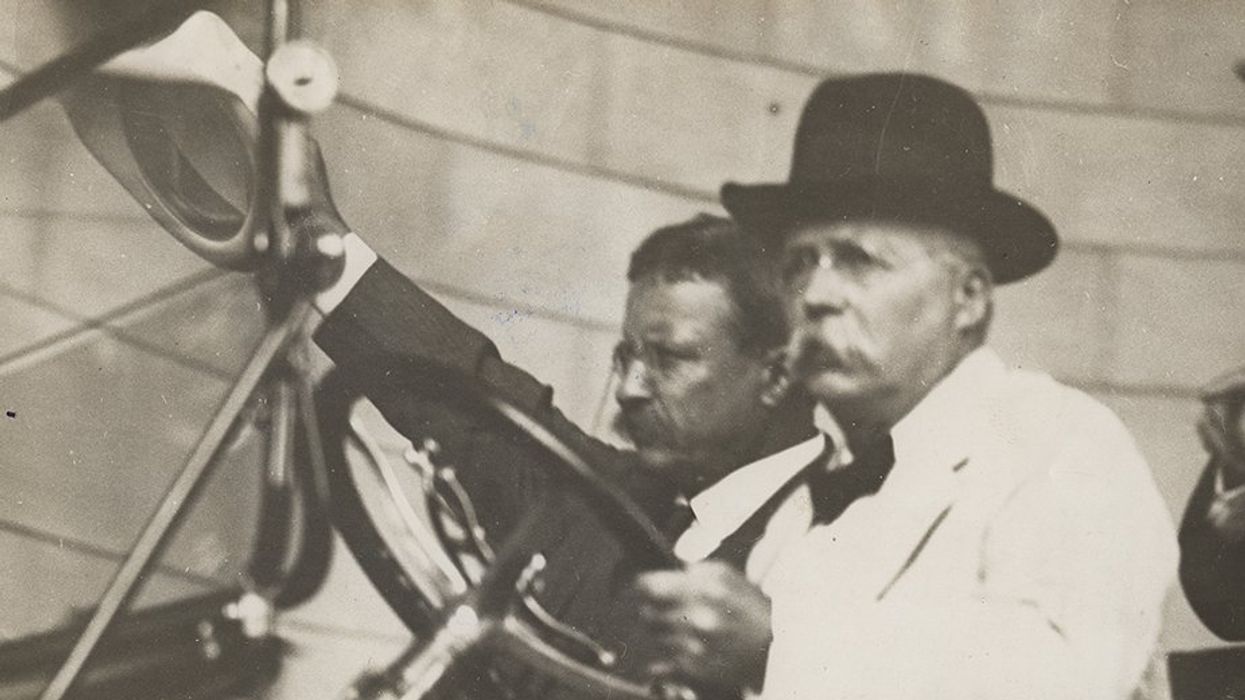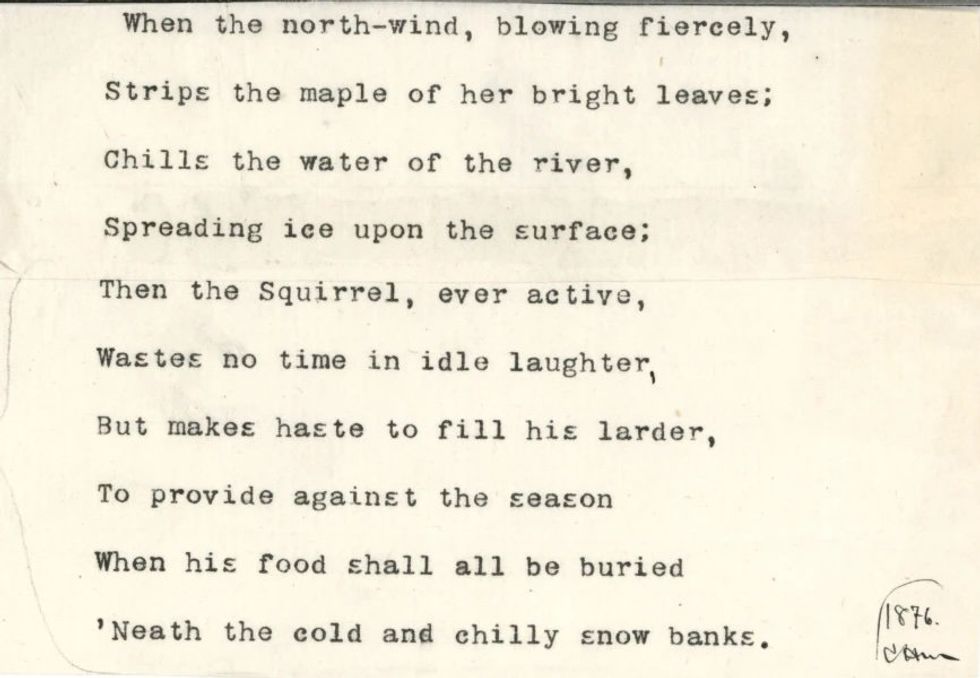
SMU Central University Libraries

The father of mammalogy never tired of exploring nature's infinite variety.
God is not a minimalist. Our planet contains over 2 million species of life. On its own, this fact is staggering enough, but rarely do we contemplate its even more staggering implication: Somebody had to go out and find a sample of each and every one.
Known as the “father of mammalogy,” zoologist Clinton Hart Merriam took to nature at a young age, collecting specimens of birds with a rifle and preserving them with taxidermy picked up from the retired army surgeon next door.
His impressive collection earned him a spot on the 1872 Hayden Survey of the Rocky Mountain West at age 16. Studies in natural history, anatomy, and medicine followed. After a few successful years as a practicing physician, Merriam returned to science, serving as a surgeon on the Arctic exploration vessel the SS Proteus while collecting marine mammals. The relatively new field of mammalogy soon became his primary interest. By the time he was 30 he had more than 7,000 specimens, more than most public collections.
Even as his collection grew to encompass more exotic animals, Merriam never lost the sense of wonder instilled by his earliest encounters with creation. Looking through the Museum of Vertebrate Zoology's collection of Merriam's papers, archivist Greg Borman was surprised to discover an ode to the humble squirrel:

Later in his career, Merriam's indefatigable curiosity took him in an unexpected direction. Having long depended on the knowledge of the indigenous locals during his specimen-finding trips to the West, Merriam realized their populations were rapidly diminishing. He abandoned mammalogy and dedicated himself to recording and preserving their languages and cultures.
His lack of formal training in anthropological field work proved to be an asset; Merriam's then-unconventional approach of actually conversing with his subjects revealed far more diversity among the Native Americans of California than anyone had previously thought. Merrick's dogged attention to detail and respect for subtle differences did much to advance the cause of America's original inhabitants.